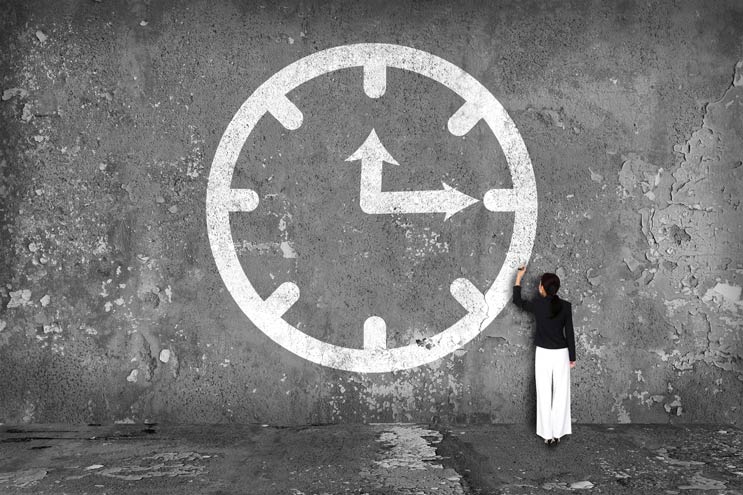
Is there a predictor of failure in relationships? According to marriage expert John M. Gottman, PhD, there is. We are often blind to the obvious, and keep hoping for things to get better when our relationship holds all the signs of heading south. Of course, there is no perfect relationship, but there are many things that can predict failure and that may be prevented. We can use these predictors to help us see where we stand, so we can either get out or try to change the way we interact with our partner.
According to Gottman, when a couple earns a “failing grade” on any one of the following points, a marriage may be in jeopardy:
- Is the couple affectionate with each other?
- Do the feel a great deal of negativity towards each other?
- Togetherness vs. separateness. Do they see themselves as a team or as independent entities?
- How volatile do they become when dealing with conflict?
- Do they just accept the difficulties in life or do they try to better their lives?
- Do they feel pride at having overcome difficulties together?
- Does either or both parties feel disappointment and disillusionment in the marriage?
Read Related: Making Your Marriage Work
The real culprits of a failing relationship are, as Gottman calls them: The four horsemen of the apocalypse:
Criticism: Attacking your spouse’s personality or character. Trying to be right. Expressions, which are really attacks as: “You always…” “You never…” “Why do you always…”
Contempt: Attacking your spouse’s self worth and abusing him/her psychologically with name calling, sarcasm, sneering, rolling eyes.
Defensiveness: Feeling like a victim and blaming everything on external circumstances; meeting your partner’s criticism with another one of yours towards them.
Stonewalling: Withdrawing from the relationship to avoid conflict by not talking, short monosyllabic answers, silent treatment, changing the subject.
These culprits might not make your marriage end in divorce, but surely this type of relationship can only become even more sour over the years. People stay in unhappy relationships for many reasons that may or may not be valid. Yet, as Gottman points out, When we change how we act towards others, they often change how they react to us. This allows us to break the cycle and move on to healthier territory, either as a couple or as newly single people.













I feel my fiancé shows sign of 3 out of 4 criteria. Aside from defense he has the others. But I don’t think iaam any of those. I know I pushed for our relationship not him. I know I wasn’t his 1st choose but a default option after years of thinking. So I let his negative comments slide + I know I am too good for him if a marriage is one sided how long can that last? Can I fix this alone or maybe I can’t see myself clear
if a marriage is one sided how long can that last? Can I fix this alone or maybe I can’t see myself clear